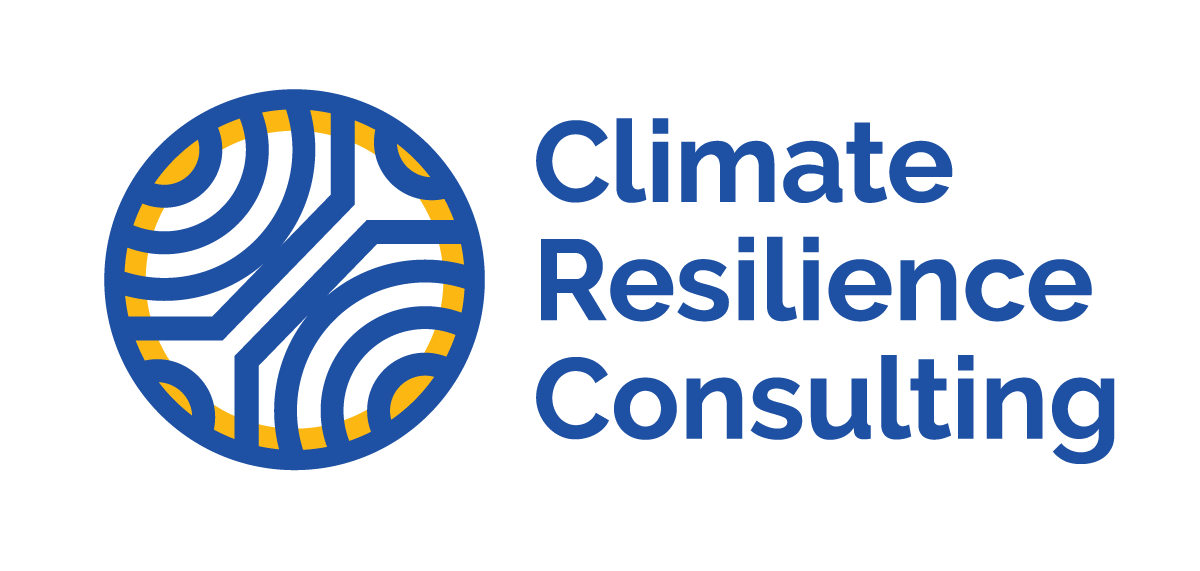I am noticing something remarkable in arguably the most important job category: elected officials. Might we see a 180-degree shift in the qualifications for this unusual job category? In 2010, six-term South Carolina Republican Bob Inglis lost his House seat because he believed in human-caused climate change. Now we have Republican New Jersey Gov. Chris Christie who gets it, as do some former “flat earth” proponents. (Even Charles and David Koch, the oil tycoons who for years have bankrolled climate-change deniers, may be changing their tune since a study on earth surface temperatures, that they financed, in part found that global warming is occurring and humans have played a role in it.)
The way Christie ably managed the Hurricane Sandy climate crisis in his state has provided cover for politicians of all political persuasions to claim leadership in this area. A good thing too, since Yale Project on Climate Change Communication recently reported that 58 percent of registered voters consider global warming when determining for whom to vote.
Those numbers are for the U.S., but it appears to be true elsewhere. Greenland just elected a new prime minister, Aleqa Hammond, whose primary strength over the incumbent was her handling of mineral and metal rights in those growing areas of Greenland no longer covered by ice. Thus, that election was settled over an already-changed climate.
Business may be a bit closer to making these choices, too. CDP Supply Chain Report 2012-13, 73 percent of surveyed companies say they feel that climate change presents a physical risk to their operations. Still, fully 44 percent of CEOs in the survey acknowledged that climate change isn’t a significant item on their agendas.
Perhaps Greenbiz’ State of Green Business 2013 addresses it best when it asks (page 13) “at what point will climate, extreme weather and resource constraints be similarly seen as a patent threat that requires changes to the design and operation of our businesses and supply chains? What will be the dramatic event(s) that provide the tipping point? How much disruption and inconvenience will the public be willing to tolerate?”
So, let’s see if the hot new job of the 2020s will be Corporate Climate Research and Adaptation Strategic Advisor. For thoughts on what that job entails, see Ten Point Checklist for Making Corporations Resilient and Asking the Climate Question: How to Create a Climate Adaptation Plan.
